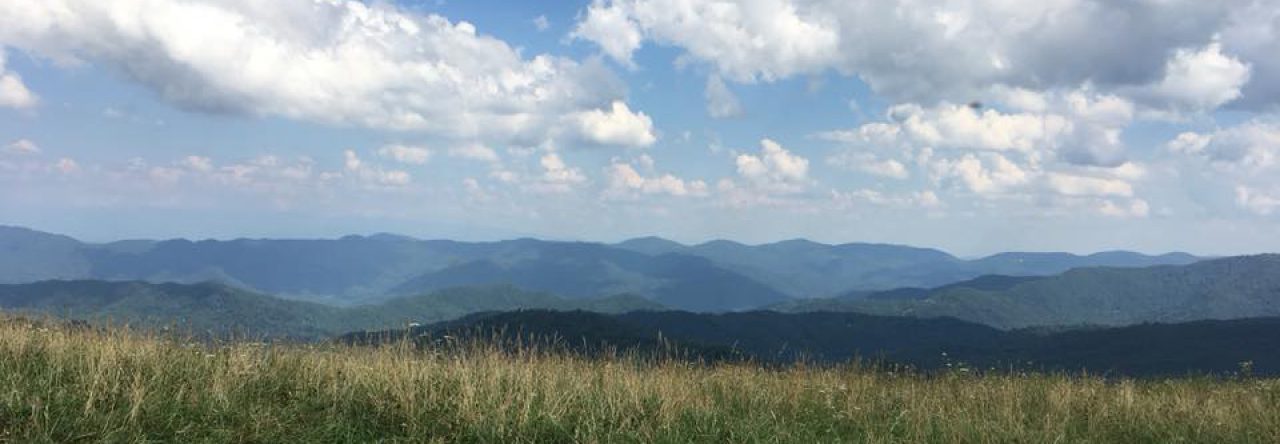“I don’t want to go back to jail, but if it means helping Kentucky and helping my kids, I’ll do it.”
There are two basic problems with academic books for a popular audience. The first is that the academic writing is frequently atrocious. The second is that the topic is often very narrow. I am glad to report that the first is not an issue with Wilkerson’s book. The prose is competent, if pedestrian, and Wilkerson avoids the jargon-laden incoherence that has overtaken the social sciences. The second isn’t exactly a problem, but there is only so big an audience for a book that talks only about poor, female activists in Kentucky coal country in the wake of the War on Poverty. I might not have picked up To Live Here, You Have to Fight had I appreciated just how narrow the subject matter was, but nevertheless I am glad I did. The result of a narrow focus is a depth that pretty much ensures you will learn something.
Wilkerson covers a time period that starts with “the top-down, federal War on Poverty from 1964 to 1968,” but her story stretches beyond the short-lived War on Poverty itself to “the grassroots war on poverty reverberated for over a decade.” Appalachia got pulled into the War on Poverty for political reasons, which is about as good as we can expect, I suppose. Appalachia’s perceived (and, for the most part, actual[1]) whiteness was used to blunt the racial connotations of the anti-poverty program. The War on Poverty may have been much less successful than the New Deal, per Wilkerson, but it had two goals: economic development and “access to health care, food, water, and education.” Importantly, pursuit of this second goal “invited local people to participate in solving problems” with “Community Action Programs (CAPs) [that] made decisions about funding and brought together stakeholders across multicounty regions.”
That second goal allowed the participation of local, poor and working class women like Granny Hager, Edith Easterling, and Eula Hall. Wilkerson specifically focuses on Kentucky coal country. After all, the image that “came to represent the War on Poverty” was taken in eastern Kentucky.

Continue reading “Nonfiction: To Live Here, You Have to Fight by Jessica Wilkerson” →









 Of course I have a pretty big vested interest in all this. My college experience is as anecdotal as any of the stories Adams tells. But it did prove hugely beneficial for me personally. I teach at a regional public university (you will see me stick up more than once for regional publics). The amount of money I’m putting into my baby daughter’s college fund every month shows I’m pretty damn confident she will go to college. I am a big proponent of the skilled trades—a large part of the impetus for writing this review—but I also live in a state with a shrinking pool of high school graduates. More money for skilled trades necessarily means less money for four-year universities. But I also feel like I can say what I think because I lack the power to bring the entire system crashing down around me even if I wanted to (and because the First Amendment, tenure protections, a union contract, and a thin veil of anonymity shield me from retaliation).
Of course I have a pretty big vested interest in all this. My college experience is as anecdotal as any of the stories Adams tells. But it did prove hugely beneficial for me personally. I teach at a regional public university (you will see me stick up more than once for regional publics). The amount of money I’m putting into my baby daughter’s college fund every month shows I’m pretty damn confident she will go to college. I am a big proponent of the skilled trades—a large part of the impetus for writing this review—but I also live in a state with a shrinking pool of high school graduates. More money for skilled trades necessarily means less money for four-year universities. But I also feel like I can say what I think because I lack the power to bring the entire system crashing down around me even if I wanted to (and because the First Amendment, tenure protections, a union contract, and a thin veil of anonymity shield me from retaliation).
